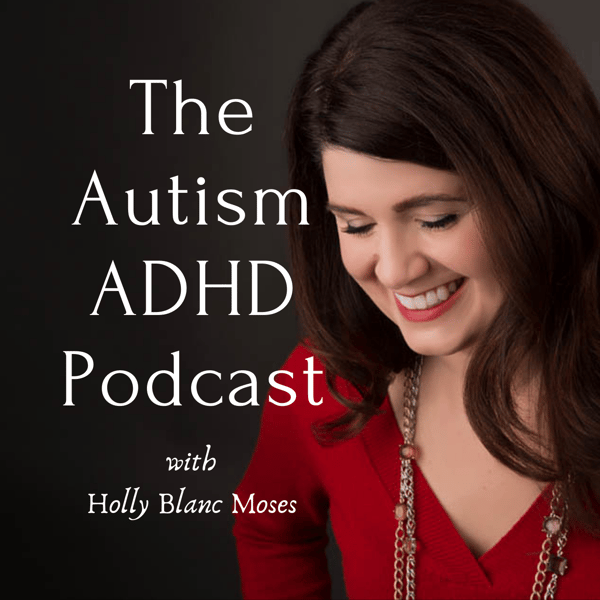Pathological Demand Avoidance (PDA)
THE AUTISM ADHD PODCAST
Holly Blanc Moses
4.8 • 650 Ratings
🗓️ 22 February 2023
⏱️ 31 minutes
🧾️ Download transcript
Summary
Wonder why some children have big emotions when they are asked to do something or why they go to great lengths to avoid a task? Join Dr. Melissa Neff and I as we chat about Pathological Demand Avoidance and how to help:)
❤️ Holly- The Mom/Psychologist Who Gets It
Learn more about Holly's courses
Learn about Holly's private practice
⭐️ Get to Know my Child Guide
Parents, get your free "Get to Know my Child Guide" here
Educators, get your free "Get to Know my Child Guide" here
Therapists get your free "Get to Know my Child Guide" here
⭐️Behavior Detective Guide
Parents - Get your free Behavior Detective Guide
Therapists - Get your free Behavior Detective Guide
Educators - Get your free Behavior Detective Guide
⭐️Join the Facebook Groups
Parents, Come on over and join the Autism ADHD Facebook Group for Parents
Professionals, Join the Facebook Group for Therapists and Educators
Transcript
Click on a timestamp to play from that location
| 0:00.0 | Welcome to the Autism, ADHD podcast. I am so happy that you join me today. I want to take a moment and ask for your help. Please take just a second and give the podcast a five-star review. |
| 0:19.5 | This will help me continue the podcast and keep bringing you |
| 0:23.3 | helpful information. Thanks so much again for taking the time to give that five-star review. Now, |
| 0:29.9 | let's get started. Welcome Dr. Melissa Neff to the Autism-AdHD podcast. Thank you so much for having me, Holly. |
| 0:43.4 | I am thrilled that you're here, so I'm going to introduce you really quick. Dr. Neff is a clinical |
| 0:48.8 | psychologist, educator, author, and speaker. The current focus of her practice is neurofeedback. For more than 10 years, |
| 0:57.8 | Dr. Neff specialized in conducting psychological evaluations for children and adults. She has specific |
| 1:04.2 | expertise in diagnosing, consulting, and providing education and training on the subject of |
| 1:09.8 | pathological demand avoidance. |
| 1:12.6 | She is also passionate about trauma, recovery, and post-traumatic growth work. |
| 1:18.8 | So today, we're going to be talking specifically about pathological demand avoidance or |
| 1:25.5 | people sometimes will just say PDA. |
| 1:29.2 | Yes. |
| 1:30.5 | Yeah. |
| 1:31.1 | So let's talk about what that is exactly. |
| 1:36.8 | Like what are some characteristics of PDA. |
| 1:40.1 | Okay. |
| 1:40.7 | Yeah. |
| 1:40.9 | So there's the label of PDA and then there's, I think, a more appropriate label that some folks that are PDAers themselves have kind of come up with. So I would love to talk about both if we can. Yeah. Let's do it. Okay. So pathological demand avoidance is a subtype or a profile of autism, not yet identified in the diagnostic manual, |
| 2:04.8 | but very much identified in clinical and research settings. |
| 2:08.5 | And it is characterized by, at least on the outside, resisting and avoiding ordinary demands and |
| 2:16.6 | requests. |
... |
Please login to see the full transcript.
Disclaimer: The podcast and artwork embedded on this page are from Holly Blanc Moses, and are the property of its owner and not affiliated with or endorsed by Tapesearch.
Generated transcripts are the property of Holly Blanc Moses and are distributed freely under the Fair Use doctrine. Transcripts generated by Tapesearch are not guaranteed to be accurate.
Copyright © Tapesearch 2025.

